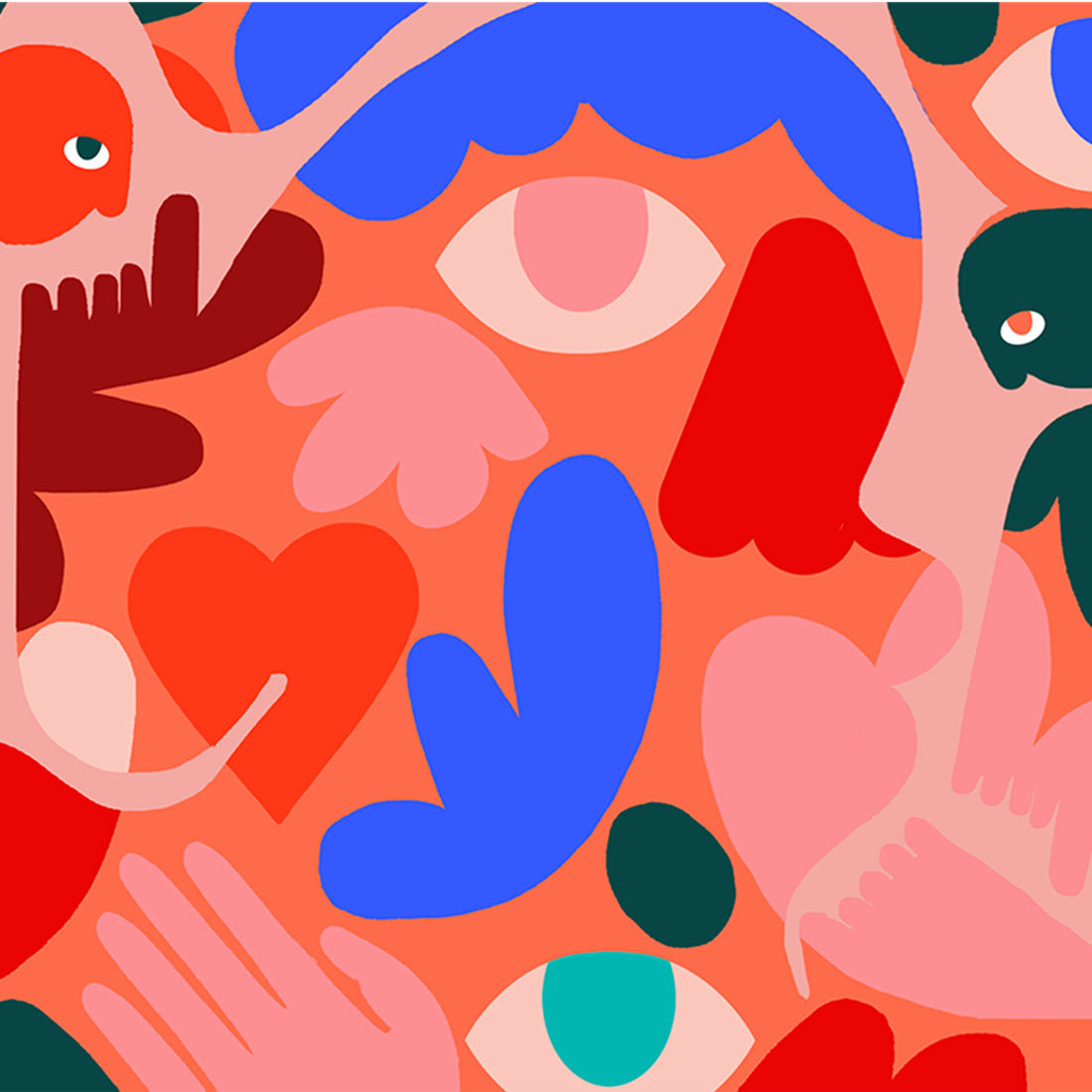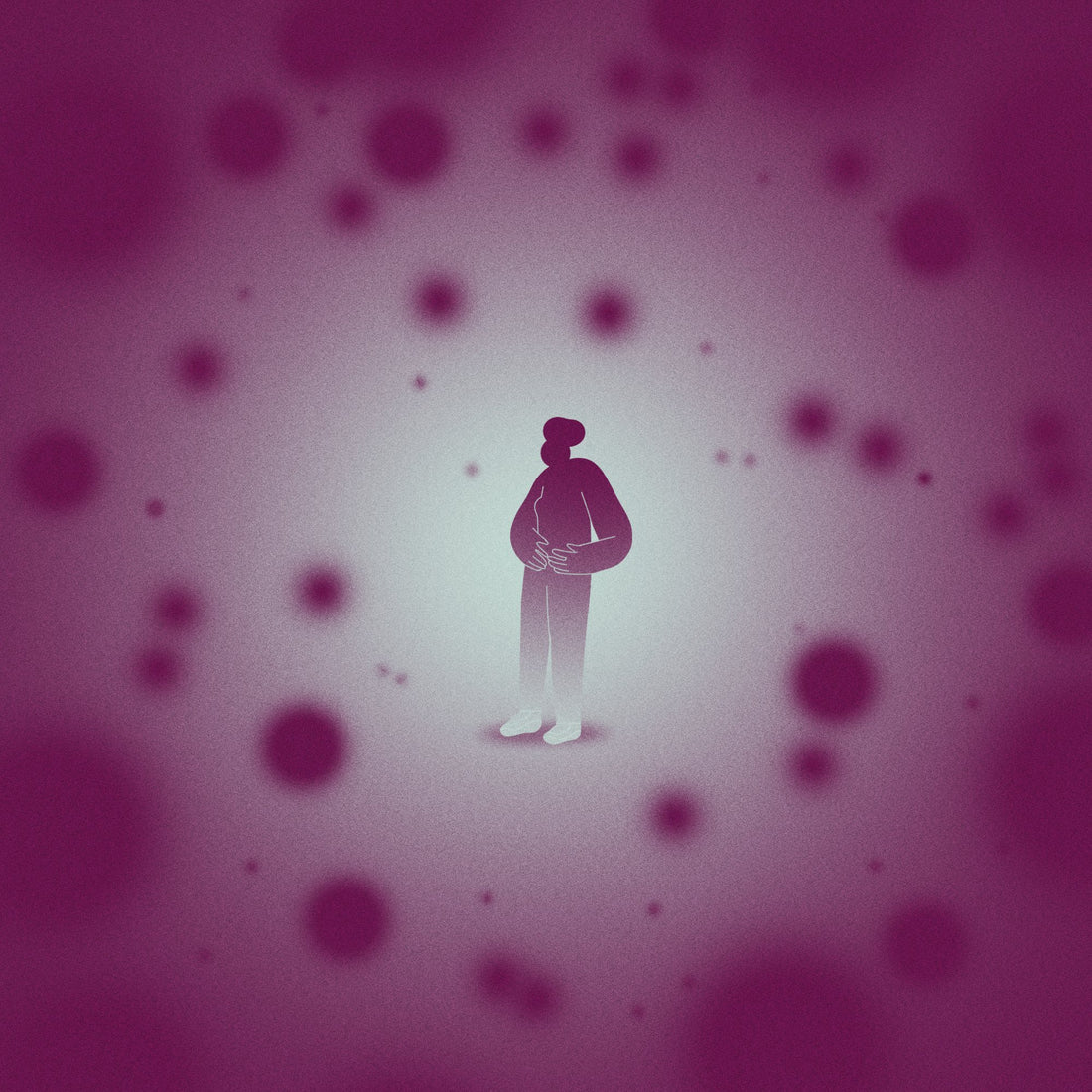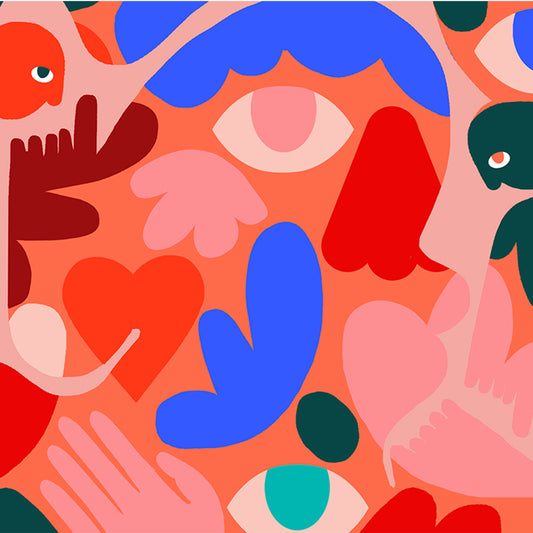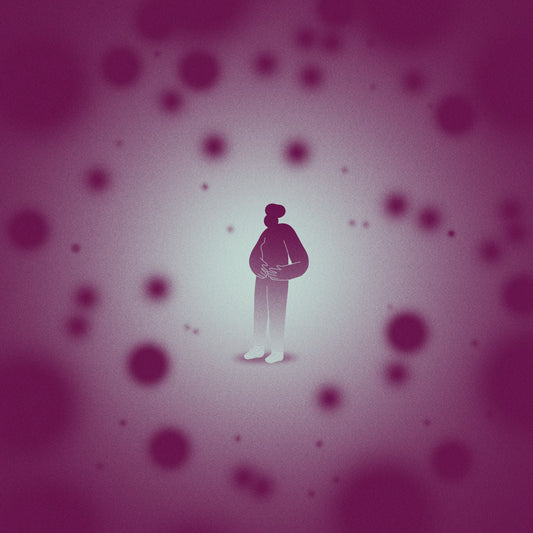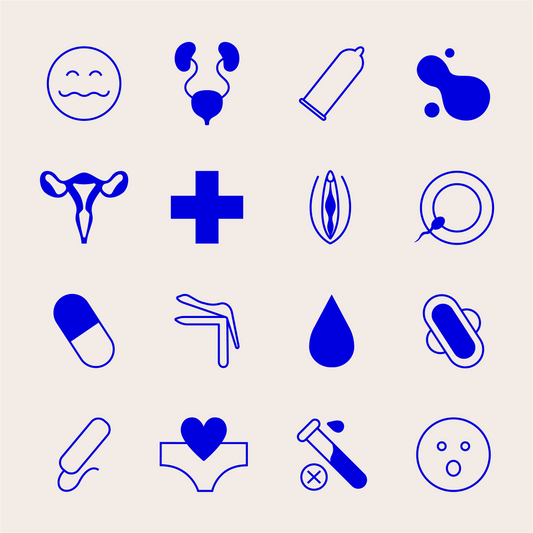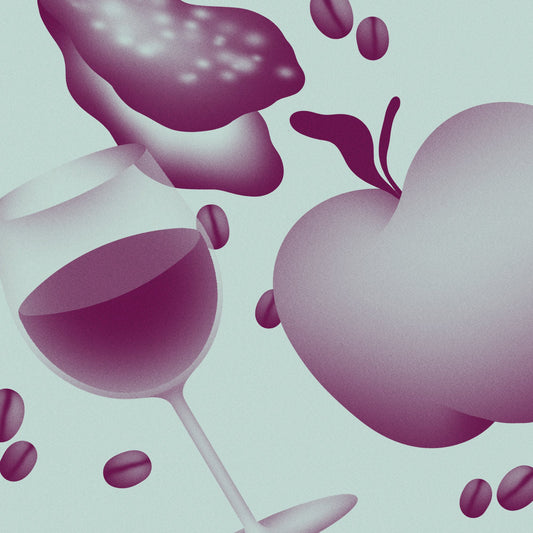Imbalanced hormones can cause a whole host of symptoms, many of which are the same as pregnancy symptoms.Hormones are essential chemicals in the body that regulate a whole host of different processes, explains Dr Kinsella. They’re well known for affecting our fertility, menstrual cycle and moods but also have a huge impact on our whole body, from our skin to our hair and even our gums. Hormone fluctuations take place during pregnancy and menopause, as well at other points during a person’s life. A change in a person’s natural hormone levels can ultimately cause many pregnancy mimicking symptoms. And while pregnancy can be the cause, a person’s hormone balance can be tipped off balance by a large number of things such as stress, diet, exercise, lack of sleep, menopause and so on. Imbalanced hormones can cause a whole host of symptoms, many of which are the same as pregnancy symptoms – such as fatigue, breast changes, anxiety, missed periods, and more. Here, we will discuss many of the other causes of symptoms similar to those experienced in pregnancy, so you can understand why your body may be experiencing them.

Am I Pregnant or Is It Something Else?
Written by: Mollie Davies
